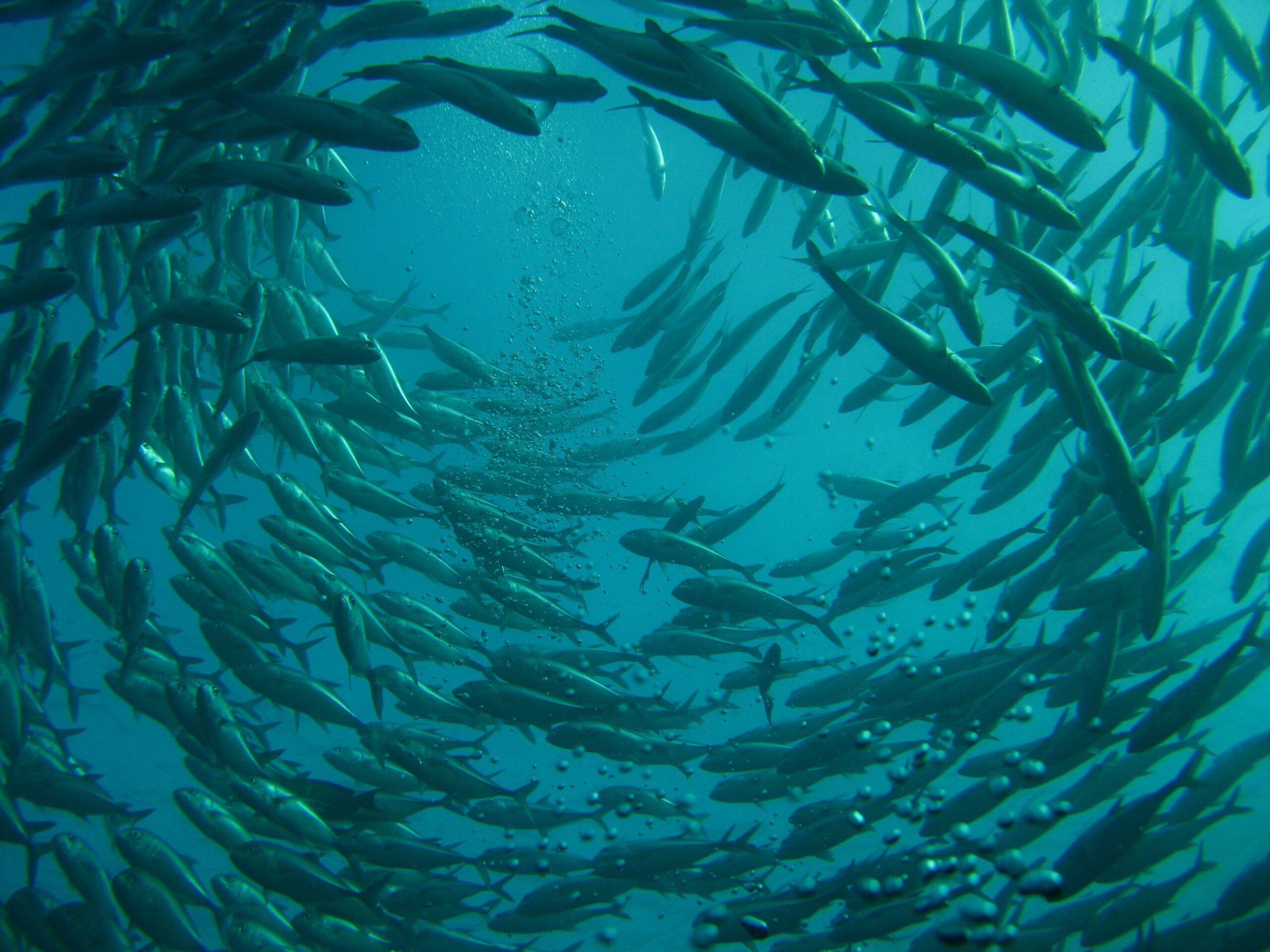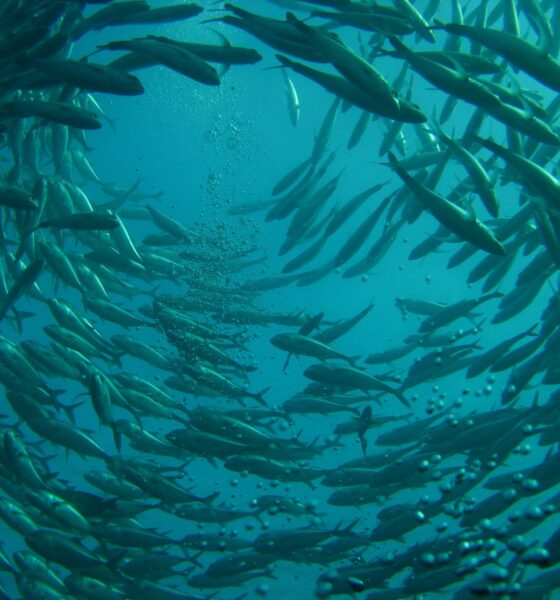

Features
UKOTs: Our marine reserves need protection
UKOTs (United Kingdom’s Overseas Territories) are not a splinter group of UKIP, but the United Kingdom’s 6.8 million km2 of Overseas Territories. It is the fifth largest marine zone in the world including Pitcairn in the Pacific, South Georgia & South Sandwich Islands near Antarctica and Ascension Island in the tropical Atlantic. This legacy of Empire contains 94% of the United Kingdom’s biodiversity.
In 2002 the then government decided to rename the British Dependent Territories with the more acceptable Overseas Territories. 350,000 people, the population of Coventry or Leicester, live in these territories and the majority constitute the British Antarctic Territory.
You could also mention the unparalleled geographic diversity of these territories (hang over from sun never setting on the Empire) and thus their biodiversity.
Also the fact that the biodiversity has been around for a hell of a lot longer than the territories themselves. For example, Ascension has only existed for about a million years, whereas the sharks that swim around it (sadly 90% fewer of them these days) have been around for about 450 million years, way longer than dinosaurs, let alone their only predator (humans – 4.5m years).
Our responsibility to these semi-autonomous areas was set out in 2012 by the Foreign and Commonwealth Office (FCO) in its document, The Overseas Territories: security, success and sustainability, and includes the defence, security and safety of the territories and their people, creating successful and resilient economies, cherishing the environment, making government work better, creating vibrant and flourishing communities and creating productive links with the wider world.
One of those are directly relevant to the unique aspect of our overseas territories, “cherishing the environment”. The overseas territories have a unique feature, they have an awful lot of ocean within their territory. To give you a sense of scale the UK has 1,680 km2 of water and 241,930 km2 of land. The overseas territories have 6.8 million km2 of water or ocean – 28 times our combined land and sea territory. That’s why they contain 94% of the UK’s biodiversity.
They are, in a word, vast, i.e. “of very great extent or quantity; immense.” Small nation states, but huge ocean states.
Independent-minded Conservative MP Zac Goldsmith (and others – Oliver Letwin, Lord Deben, etc.) has been active in calling for the government to create 1.75 million km2 of its overseas territories with Marine Protected Zones or Areas (MPAs). Marine protection areas restrict human activity ‘stressors’ (fishing, extractive industries and tourism) to protect the natural resources. As of 2014 the world had 6,500 MPAs encompassing around 3% of the world’s oceans. The UK’s overseas territories cover 1.9% of the world’s oceans.
Clare Brook, CEO of the Blue Marine Foundation, told Blue & Green Tomorrow, “ The UK has some of the richest biodiversity in the world in its overseas territories – from green turtles in Ascension to sharks and pristine coral around Pitcairn. By declaring these as marine reserves, the government would in one fell swoop establish the UK as a world leader in ocean conservation. That would be something we could be really proud of as UK citizens.”
The UK could easily lead the world in creating vast marine protection areas throughout our overseas territories. You can sign Blue’s petition calling on the UK government to protect 1.75 million km2, creating the world’s largest connection of marine reserves in the world here.
The Blue Marine Foundation is working as part of the Marine Reserves Coalition. For more information see www.greatbritishoceans.org.
Photo: Oktaviani Marvikasari via Freeimages
Further reading:
Biodiversity in UK overseas territories face ‘immediate and significant’ threats
Helena Bonham Carter joins calls for vast UK marine reserves
Marine protection areas must be expanded for threatened fish species


 Features11 months ago
Features11 months agoEco-Friendly Cryptocurrencies: Sustainable Investment Choices

 Energy11 months ago
Energy11 months agoThe Growing Role of Solar Panels in Ireland’s Energy Future

 Energy10 months ago
Energy10 months agoGrowth of Solar Power in Dublin: A Sustainable Revolution

 Energy10 months ago
Energy10 months agoRenewable Energy Adoption Can Combat Climate Change

















